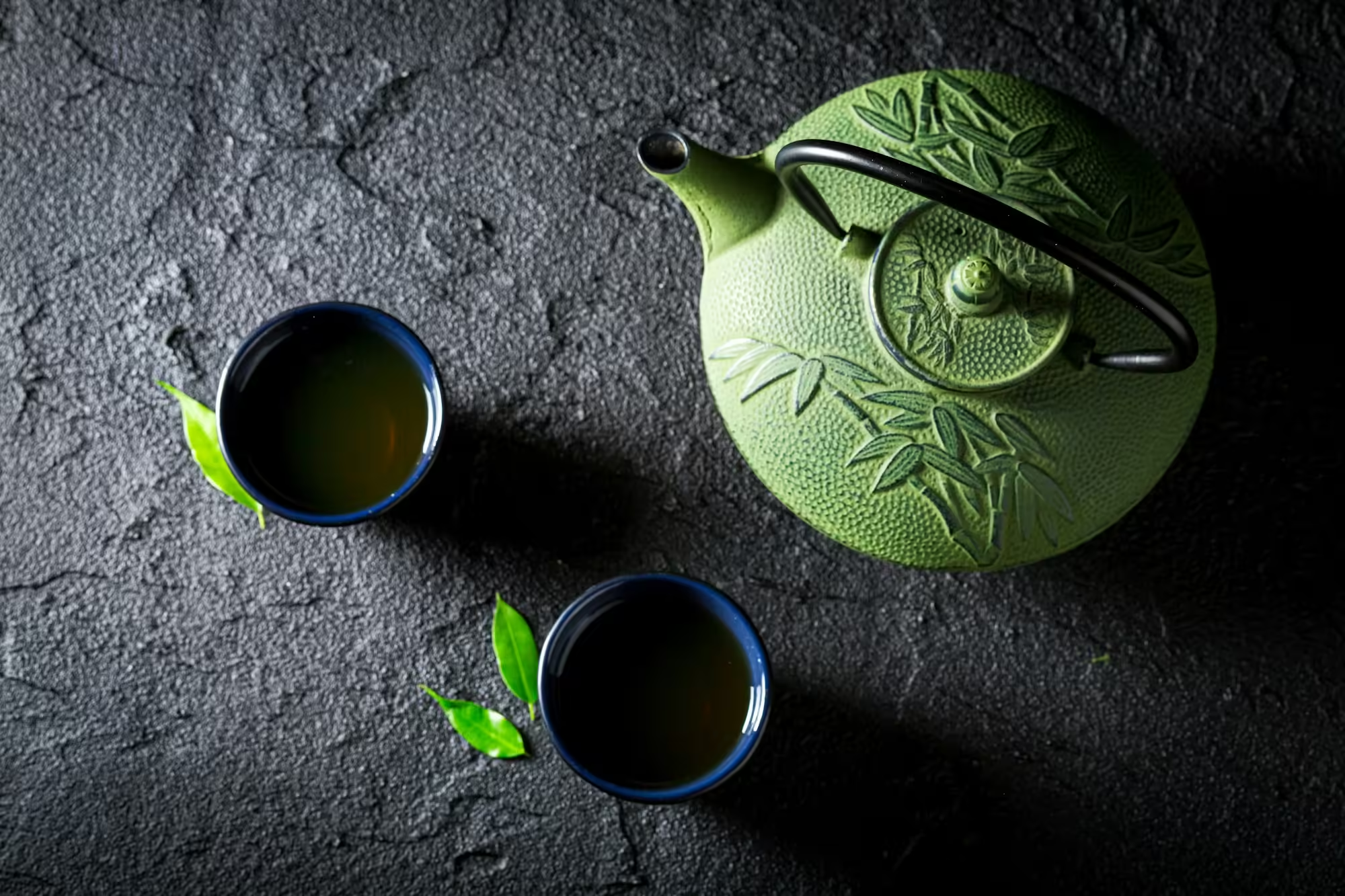
Tea for Digestive Health
Tea has been enjoyed for centuries not just for its flavor and aroma, but also for its health benefits. Among these benefits, tea is particularly renowned for its positive effects […]
 play_arrow
play_arrow
The Ultimate Guide to Tea Brewing Mr. Tea Talk
 play_arrow
play_arrow
A Comprehensive Review of 3 Must-Have Tea Products on Amazon Mr. Tea Talk
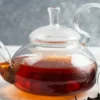 play_arrow
play_arrow
The Ultimate Guide to the Best Tea Essentials on Amazon: Kettles and Teapots You’ll Love Mr. Tea Talk
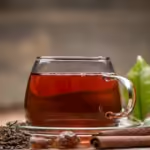 play_arrow
play_arrow
The Best Teapots for Tea Lovers: Silver vs. Borosilicate Glass Mr. Tea Talk
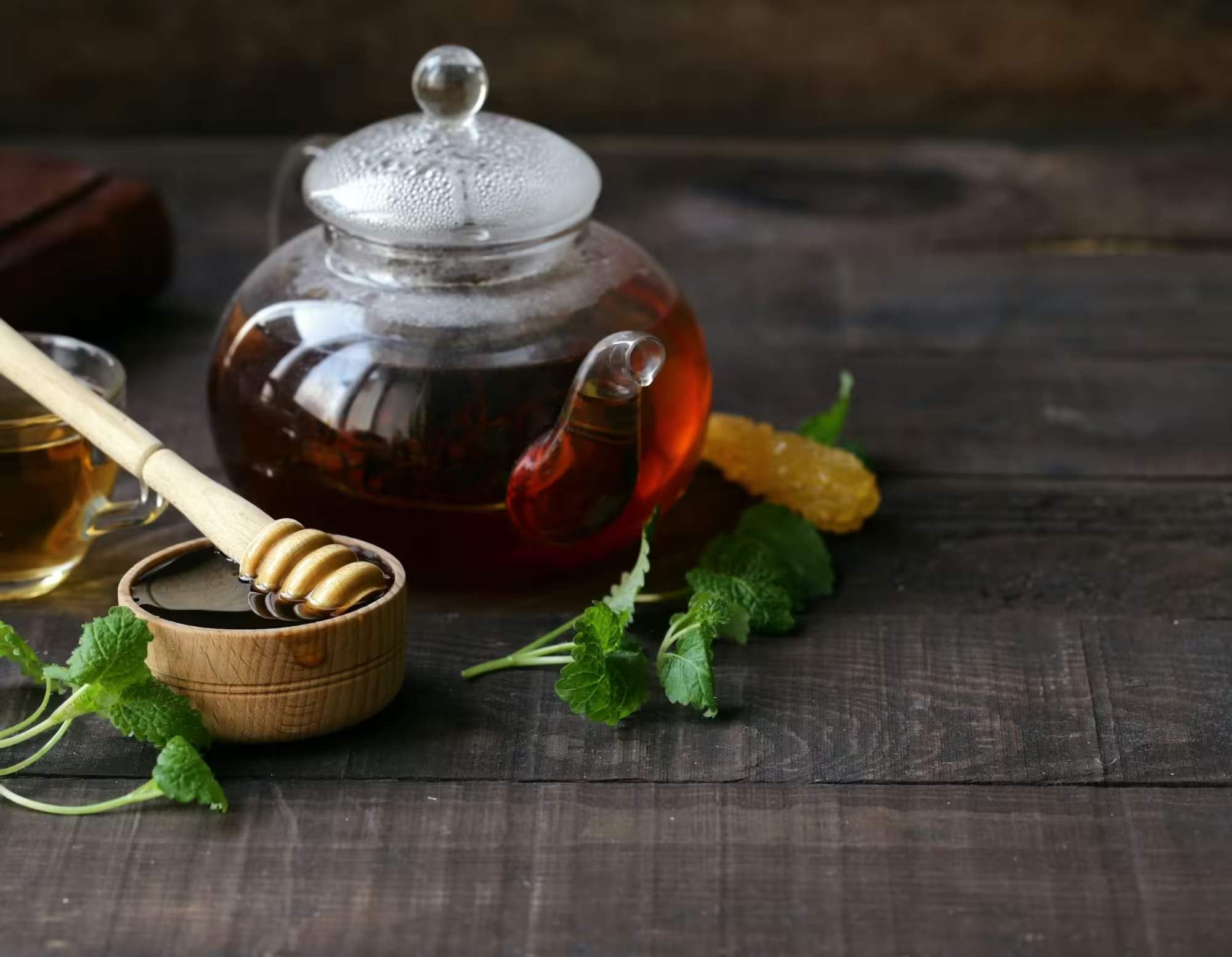
 play_arrow
play_arrow
How Tea Can Help Reduce Stress and Anxiety Mr. Tea Talk
In today’s fast-paced world, stress and anxiety are common issues that many people face. While there are various ways to manage these conditions, drinking tea is a simple and natural method that can have profound calming effects. Different types of tea contain compounds that can help reduce stress and anxiety, promoting a sense of relaxation and well-being. This comprehensive blog post explores how tea can help manage stress and anxiety, the science behind its calming effects, and practical tips for incorporating tea into your daily routine.
Stress is the body’s response to any demand or challenge. It can be triggered by various factors, such as work pressures, financial worries, or personal issues. Stress can manifest in physical, emotional, and behavioral symptoms, including:
Physical Symptoms: Headaches, muscle tension, fatigue, sleep disturbances.
Emotional Symptoms: Irritability, anxiety, depression, mood swings.
Behavioral Symptoms: Changes in appetite, withdrawal from social activities, decreased productivity.
Anxiety is a feeling of worry, nervousness, or unease about something with an uncertain outcome. It is a normal response to stress but can become overwhelming and interfere with daily life when excessive. Symptoms of anxiety include:
Tea can help reduce stress and anxiety through several mechanisms:
Green tea is well-known for its health benefits and contains L-theanine, an amino acid that promotes relaxation and reduces stress.
Chamomile tea is famous for its soothing properties and is often used as a natural remedy for stress and anxiety.
Peppermint tea is known for its refreshing taste and calming effects on the mind and body.
Lavender tea is cherished for its calming aroma and ability to reduce stress and anxiety.
Lemon balm tea, made from the leaves of the lemon balm plant, is known for its calming effects.
Valerian root tea is a popular herbal remedy for anxiety and insomnia.
Research supports the calming effects of green tea:
Scientific studies highlight the anti-anxiety benefits of chamomile tea:
Research supports the stress-relieving properties of peppermint tea:
Scientific studies validate the calming effects of lavender tea:
Research supports the anti-anxiety benefits of lemon balm tea:
Scientific studies highlight the stress-relieving properties of valerian root tea:
Opt for high-quality loose leaf tea or tea bags from reputable sources. Quality tea contains higher levels of beneficial compounds and offers better health benefits.
Proper brewing ensures that you extract the maximum amount of beneficial compounds. Here are some general guidelines:
Take the time to enjoy your tea mindfully. Focus on the process of brewing, the aroma, and the taste. This practice can help you stay present and reduce stress and anxiety.
Enhance the calming effects of tea by creating a relaxing environment. Find a quiet space, play soothing music, and use soft lighting to create a peaceful atmosphere.
To reap the stress-relief benefits of tea, make it a regular part of your daily routine. Aim to drink 2-3 cups of tea per day, depending on your personal preferences and tolerance.
Enhance the calming effects of tea by combining it with other relaxation techniques such as deep breathing, meditation, yoga, or progressive muscle relaxation.
Incorporating tea into your routine is a great start, but a holistic approach to managing stress and anxiety is essential for long-term success. Here are some additional lifestyle tips to support your mental well-being:
Consume a diet rich in fruits, vegetables, whole grains, lean proteins, and healthy fats to support overall health and mental well-being.
Regular physical activity helps reduce stress, improve mood, and boost overall mental health. Aim for at least 150 minutes of moderate-intensity exercise per week, such as walking, jogging, or cycling.
Adequate sleep is crucial for managing stress and anxiety. Aim for 7-9 hours of quality sleep each night to support your mental well-being.
Maintain strong social connections with friends, family, and loved ones.
In conclusion, drinking tea is a simple yet effective way to manage stress and anxiety. The various compounds in different types of tea, such as L-theanine in green tea and apigenin in chamomile tea, have been scientifically shown to promote relaxation and reduce stress. Incorporating tea into your daily routine, combined with mindful drinking practices and other relaxation techniques, can significantly enhance your mental well-being. Additionally, maintaining a balanced diet, exercising regularly, getting enough sleep, and staying connected with loved ones are crucial for a holistic approach to managing stress and anxiety.
Tagged as: Health Benefits of Tea, How Tea Can Help.

Tea has been enjoyed for centuries not just for its flavor and aroma, but also for its health benefits. Among these benefits, tea is particularly renowned for its positive effects […]
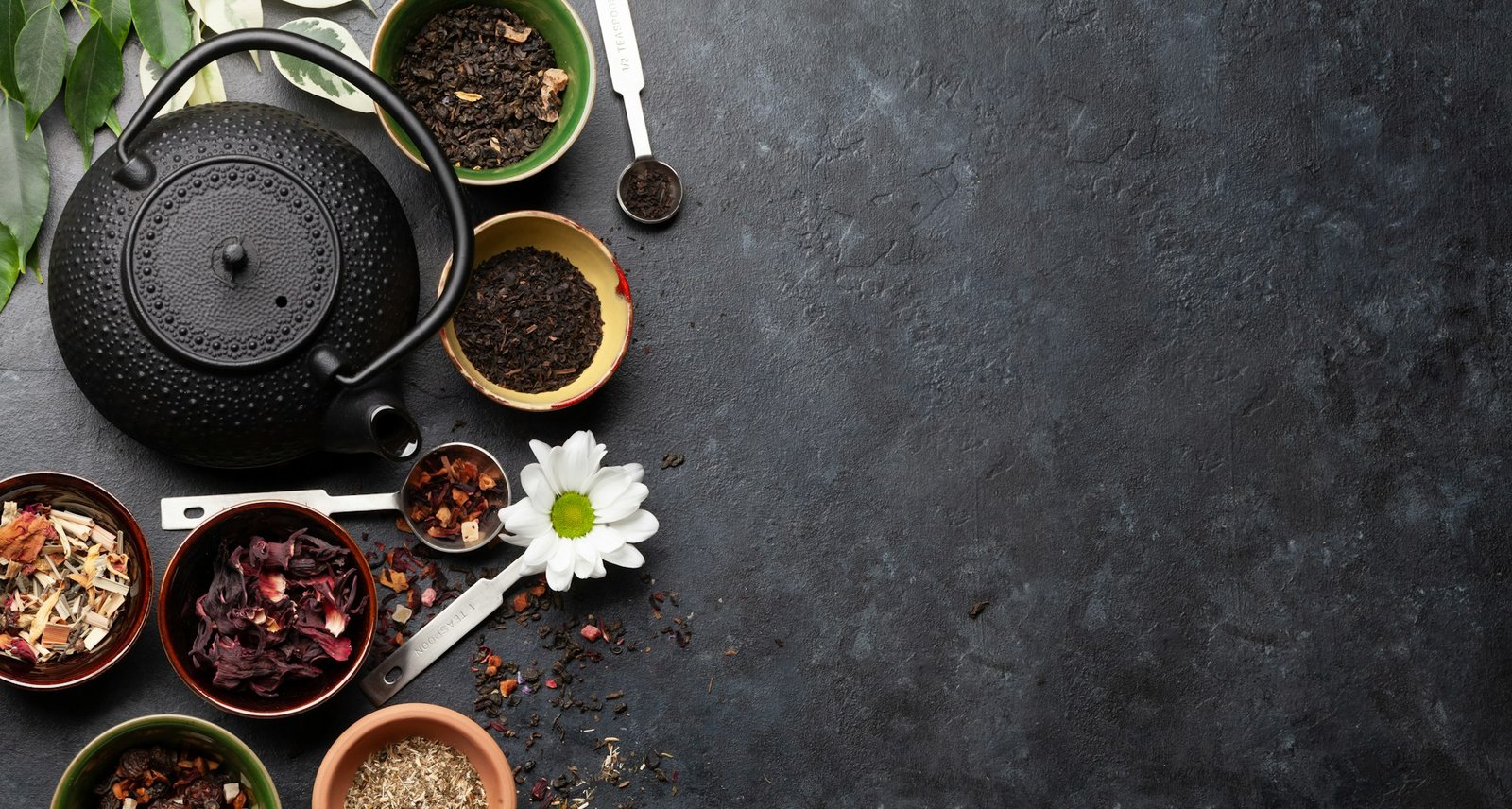
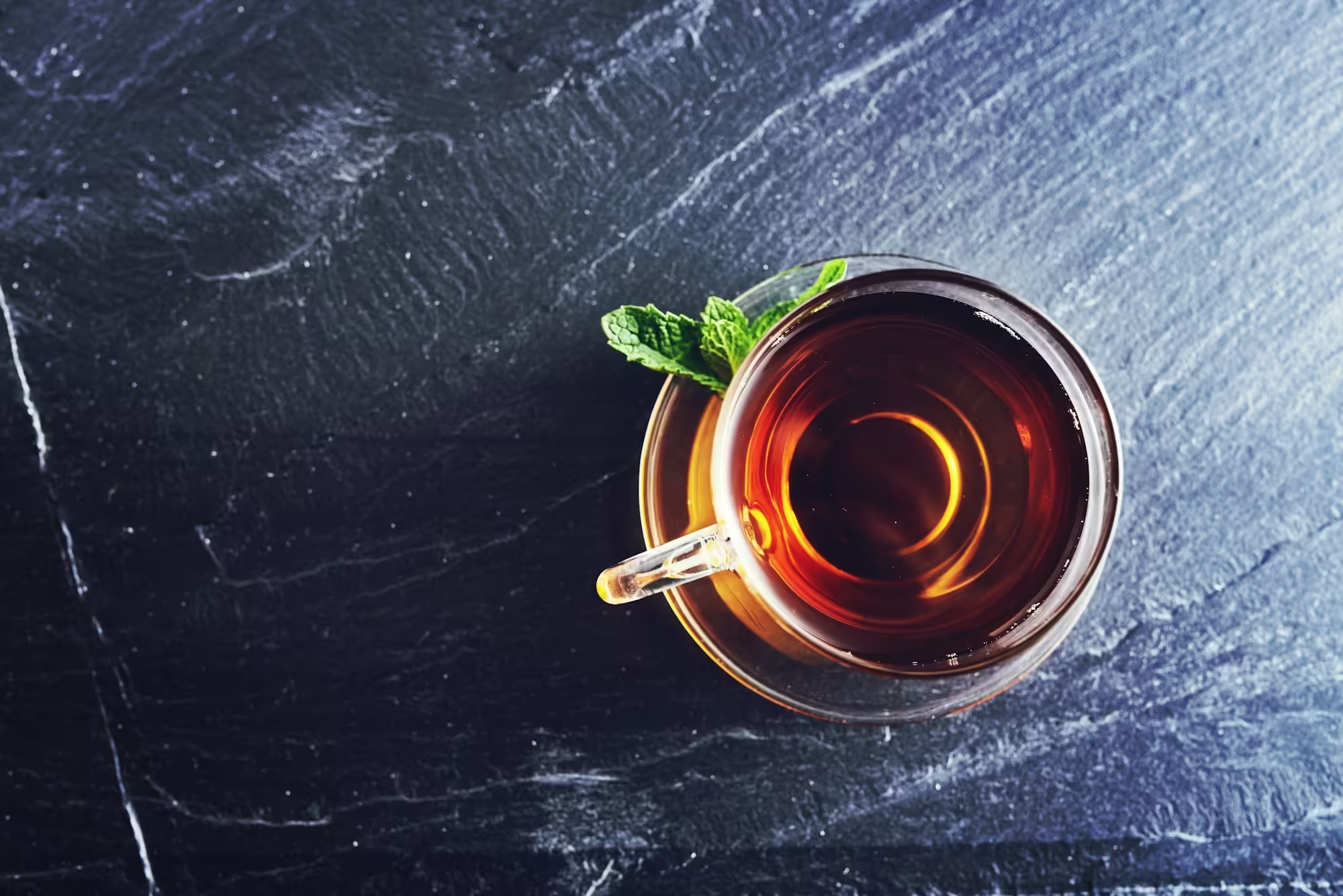
Copyright | Ceylon Wild Tea - All Rights Reserved | 2025
Post comments
This post currently has no comments.